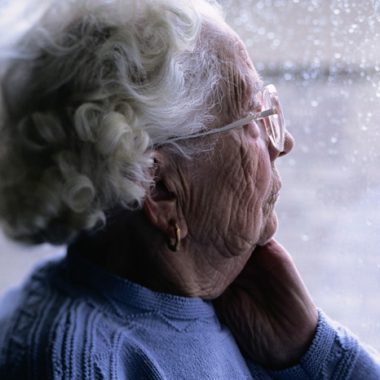GPs should interview someone close to patients with suspected dementia during the initial assessment, NICE has suggested.
The new NICE dementia guidelines recommend that when assessing the patient, they should take a history, including cognitive, behavioural and psychological symptoms, and the impact these have on daily life, from someone who knows the person well, such as a family member.
The guidance, which replaces the 2006 guidelines, is focused on the assessment and management of people with dementia, as well as the support for them and their carers.
But the Alzheimer’s Society has called on the Government to support the recommendations by providing ‘significant investment to improve care quality’.
Other recommendations from the guidelines published earlier this week include:
- Care and support providers giving all staff training in person-centred and outcome-focused care for people living with dementia
- Care providers giving additional face-to-face training and mentoring to staff who deliver care and support to people living with dementia
- Providing people living with dementia a single named health or social care professional who is responsible for coordinating their care
- Telling people living with dementia – at all stages of the condition – about research studies they could participate in
RCGP chair Professor Helen Stokes-Lampard said: ‘We hope the new guidance, along with its recommendations for new research, will build on the expertise our GPs and their teams already have in caring for patients with dementia, and ensure every patient continues to receive the highest quality of care possible.’
However Alzheimer’s Society director of policy, campaigns and partnerships Sally Copley said: ‘The guideline is just a starting point. What we need now is support to implement these recommendations. Take training as an example – a third of homecare workers currently have no dementia training, resulting in inadequate care for many people with dementia.
‘The guideline alone can’t change this, we’ll need to see significant investment to improve care quality, when the Government announces its plans for social care reform in the autumn.’
This comes as Public Health England announced that GPs have to give patients advice on dementia risk as part of NHS Health Checks, which includes talking to them about maintaining a social life, keeping mentally and physically active, as well as stopping smoking.
Pulse July survey
Take our July 2025 survey to potentially win £1.000 worth of tokens












